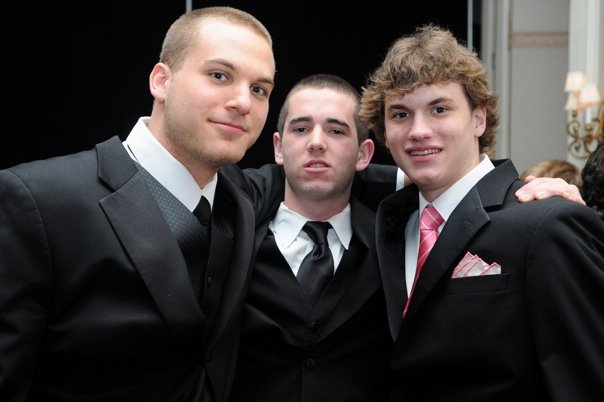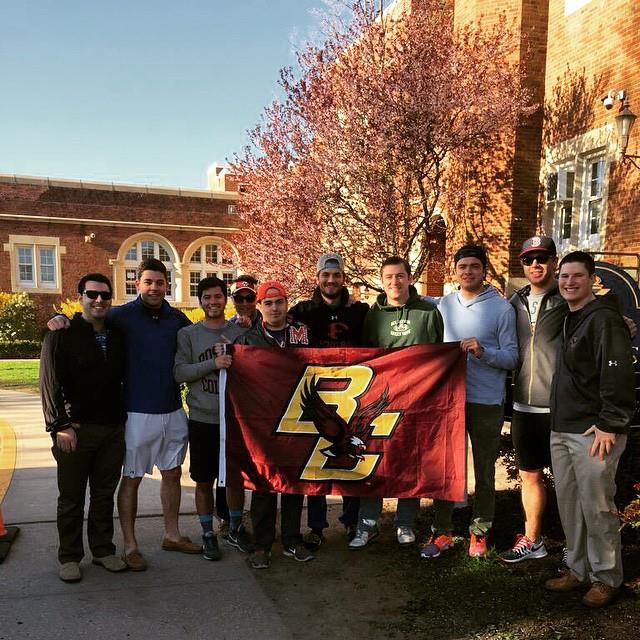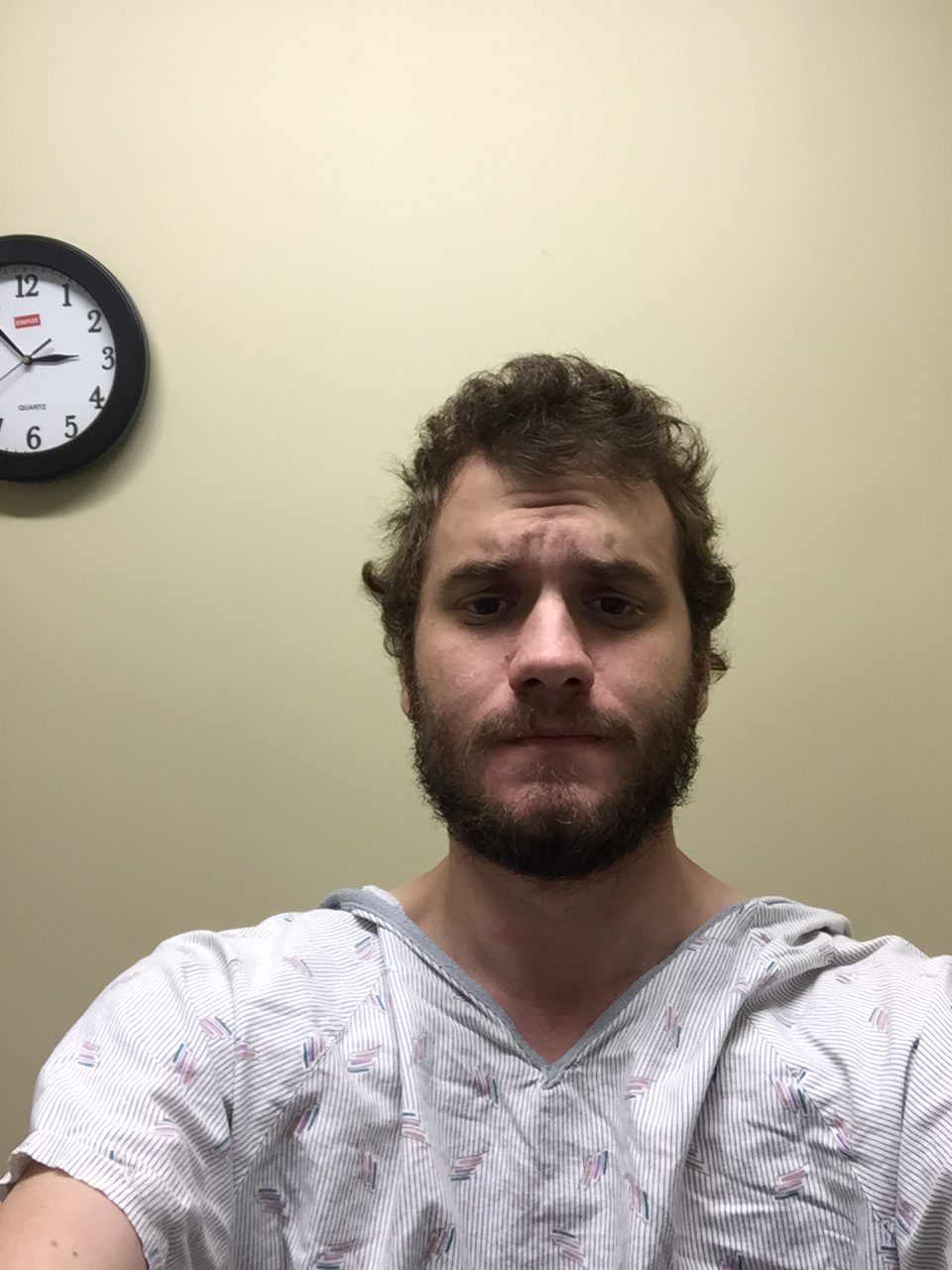I know I am incredibly fortunate to have such a great support system behind me. It is not a universal trait, but I think it’s something that all people with CF deserve.
I hold my support system to a very high standard. I have a short fuse for people in my life who are generally not supportive, naysayers, or people who don’t want to take the time to learn how to be involved. I am very open with my CF (obviously), and I think it’s important to provide opportunities for people to be involved however we mutually deem fit. But if someone isn’t going to take the reigns and run with it, then I’m quick to shut them out.
My parents are, undoubtedly, supportive. They initially learned how to play a major role in my life through talking to other CF parents when I was a child. The generation before us was willing to be transparent and talk about some successes and failures they experienced in raising kids, and bear in mind that they were talking to parents who could only provide so much to their children with CF prior to the availability of some of the treatments we have now. The CF parents of the 60’s, 70’s, and 80’s were the real trailblazers. They had so few medical resources to keep their children healthy that they learned the hard way about what was right and what was wrong.
I do know, however, that my parents certainly deal with a great deal of stress when it comes to my health. I think it would be concerning if they didn’t!
My parents are always the first call after a clinic visit for an (albeit abridged) update followed by a call to Darcy, who would probably kill me if I didn’t update her at this point. My sister, Sydney (whom I consider to be like a best friend), gets an update through general conversation, or through talking to my parents. I don’t need to bore them with general health updates. She has the ability to take one look at me and know exactly how I am doing. Her role in all of this is to make sure my motivation never fails. She has never once allowed me to stay down on myself, and I don’t think she ever will.
I keep my friends aware of major developments in my life because they want to know. They want to know what it means when Vertex initiates a phase III study or why I am so sick that I can’t make it out of the house to a birthday party.
I made the mistake in college of keeping some intimate medical info away from them, which led to me realizing I was inhibiting them from being supportive in a number of different ways. Part of building a support system is actually giving those people the building blocks to do so.
I think the most important sounding board I have in my life, though, are the few people who are willing to tell me I am wrong or who are willing to be truly honest with me. I think so often we find people who just want to pat us on the back and tell us, “good job!” even when we may not deserve it because we have a disability and they don’t. I am happy for someone whom I dearly respect to tell me I am wrong or headed not headed in the right direction. Entering into a tough conversation is not a sign of weakness; rather it’s how we build strength. It’s hard to find people who will do that, but I think it’s important to find people who will do that because it means so much more when they tell me I am headed down the right path.
Every person in my support system plays a unique role. I don’t rely on two different people for the same thing. That’s not something I suddenly decided one day, it’s a fact that evolved over time. I need people who are willing to lift me up, I need people who are willing to listen, and I need people who are willing to slap me in the face if I deserve it.
A support system is like a team, and that team is only as strong as it’s weakest player, so I look for all-stars to help me get through my life with CF. I think the best way to develop that support system is to know exactly what you want, exactly what you need and knowing the difference between the two.





